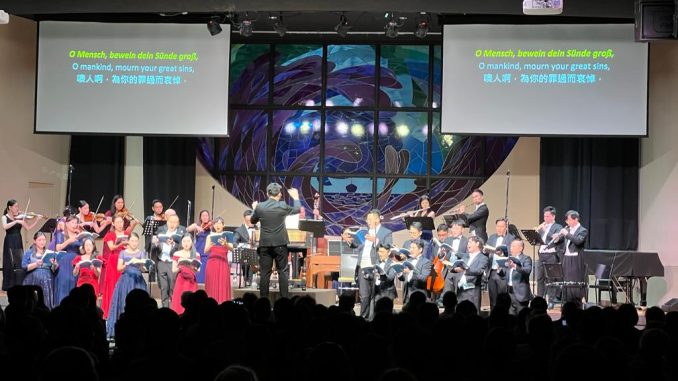
Far from merely being confined to the spiritual realm, Christians have had an immense positive impact on our world’s history, be it through science, philosophy, or culture. Chances are you would have come across the name of Johann Sebastian Bach if you had received any form of formal music education, such as those from the Royal Schools of Music or Trinity College London.
Known as the Father of Western Classical Music, Bach made significant contributions to the field of music. A master of counterpoint, harmonic, and motivic organization, his output was prodigious and versatile. He composed hundreds of cantatas, concertos, and suites, as well as chamber and orchestral music. He wrote extensively for the organ and keyboard instruments and is one of the most noteworthy composers in the genres of canon and fugue. Many notable composers were influenced by Bach including Haydn, Mozart, Beethoven, and Chopin.
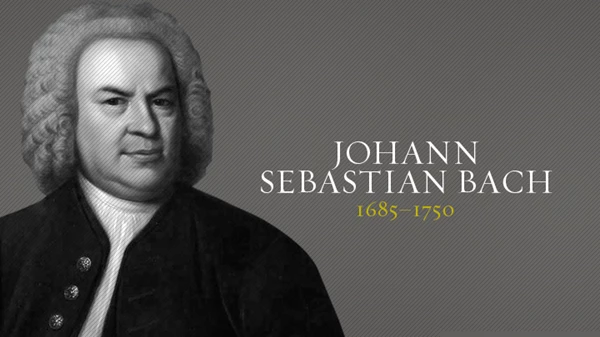
Bach’s compositions remain among the most popular of Baroque period music, with “Air on the G Strong“, “Jesu, Joy of Man’s Desiring“, and “The Well-Tempered Clavier” being particularly well-known examples. What many may not know, however, is that he was also a very devout Lutheran and he often adopted Lutheran hymns, in his larger vocal works, four-part chorales, and sacred songs.
In a recent celebration and in appreciation of a rich heritage, the Lutheran Church of Malaysia commemorated its 70th anniversary through a co-organized presentation of Bach’s St John Passion alongside Bachfest Malaysia which was founded and established in 2015 by Artistic Director David Chin to promote the music of Bach locally through performance and education. The oratorio was performed by the Malaysia Bach Festival Singers and Orchestra at the Luther Center.
Some Information about Bach’s St John Passion
Bach’s Passion of St John retells the story of the arrest, trial, and crucifixion of Christ through music and singing. Its core libretto is drawn from the Gospel of John, chapters 18 and 19, with insertions of poetry and chorales written by Bach’s contemporaries as reflections on the events in the Gospel.
While the tradition of presenting Passion music during the Holy Week had existed for about a thousand years before Bach’s time, the St John Passion is unprecedented because of its vivid imagery, shocking dramas, and soul-stirring music. The leading roles in this work are the tenor solo as John the Evangelist, and the baritone solo as Jesus. Some other roles include Judas, Pilate, and Peter. The choir takes on multiple roles; the disciples, the crowd, the soldiers, the observers, and the believers of both past and present.
In addition to his detailed and dramatic writing for the voices and instruments in each movement, Bach has an overarching symmetrical idea for the entire work. For example, the opening and closing choruses share the common theme of mankind’s sins and Christ’s redemption with a similar style of chorale setting and orchestration – Info taken from the concert booklet
Bachfest Malaysia is probably no stranger to many classical music aficionados in our nation. Since their inaugural performance of the Malaysian premiere of St John Passion by the Malaysia Bach Festival Singers and Orchestra in 2015, they have also performed Bach’s Mass in B Minor, St Matthew Passion, and numerous of his cantatas, motets, and instrumental works. Their performance of Bach’s music has been repeatedly recognized at the BOH Cameronian Arts Awards, winning “Best of 2019” and “Best Choral Ensemble Performance” for St Matthew Passion in 2020, and “Best Ensemble Performance” for “Prelude” from Orchestral Suite in C in 2019.
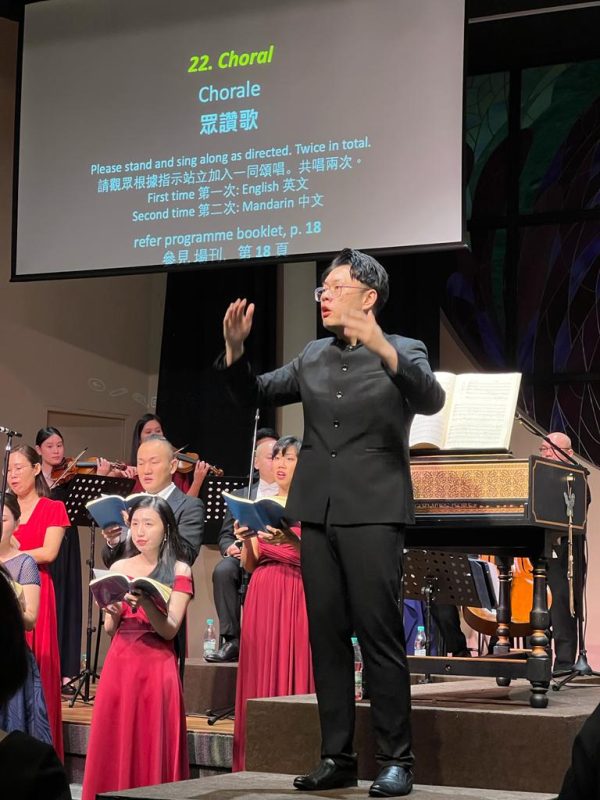
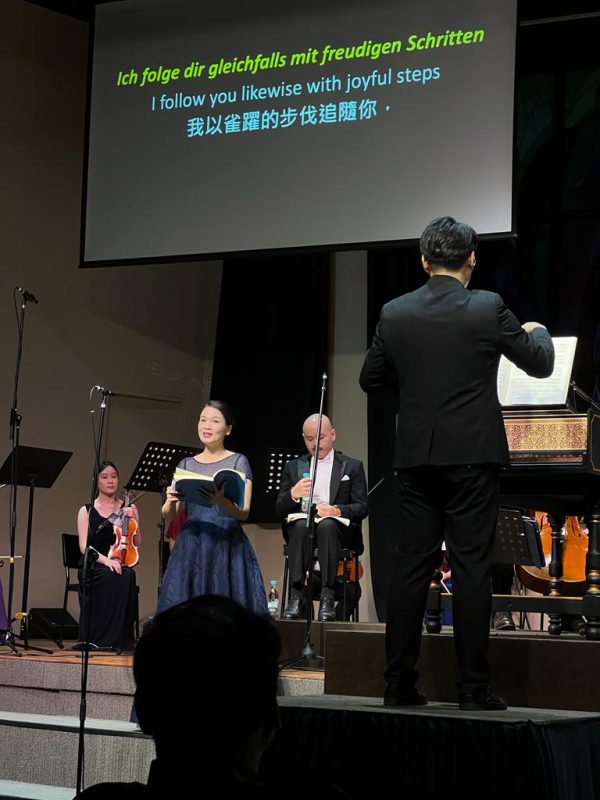
Giving his views about the reception of Bach in 21st-century Malaysia, David Chin, the founder and Artistic Director of Bachfest elucidated, ‘Bach has been known for many years in Asian countries with longer histories such as China, Korea, and Japan. In recent years, younger countries in South East Asia including the Philippines, Singapore, Indonesia, and Malaysia, have begun to show great enthusiasm for the Father of Music. There has been a significant increase in Western classical music activities in Malaysia in recent decades, as well as in the number of professional musicians who focus particularly on performing Western classical music. This is a trend not only in Malaysia but also in other Southeast Asian countries. Such developments have led to the establishment of several ensembles, orchestras, organizations, and even a private opera company in Malaysia, most of which are non-profit organizations and self-sustained.’
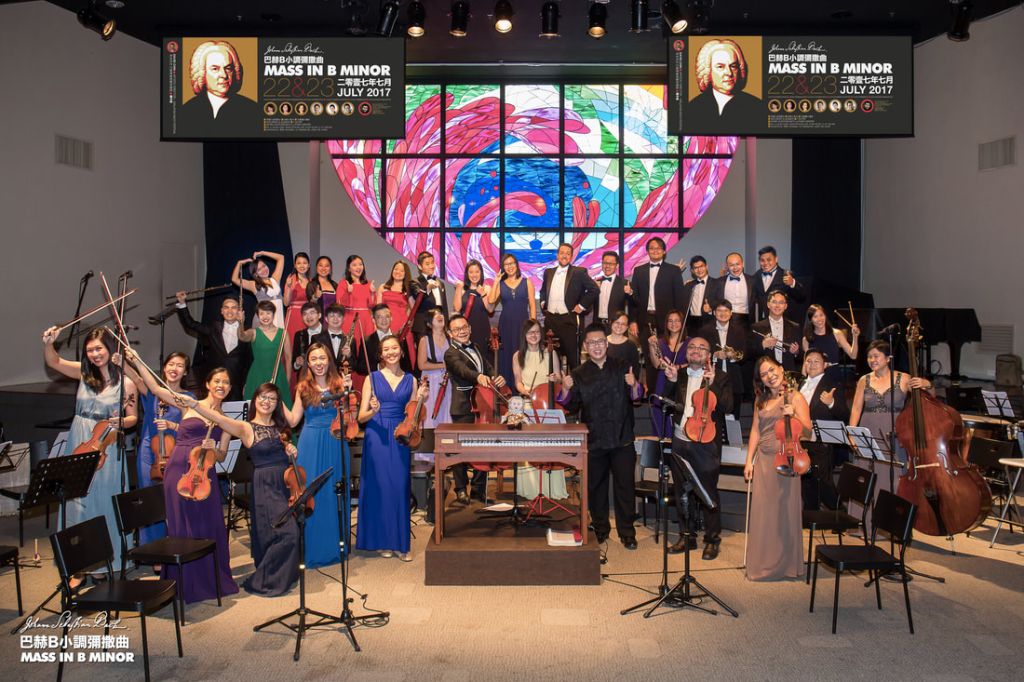
David also shared that contrary to Western countries today, most Christian churches in Malaysia believe that the presentation of classical sacred music is never just a concert performance, but a declaration of faith, worship, or prayer, as Bach originally intended. Although most of the churches in Malaysia are oriented towards contemporary praise and worship, many Christians also believe that sacred music is the inherited treasure of the church and should be preserved and promoted.

‘As a Chinese Christian from Southeast Asia, I regard Bach as a fellow Christian who could not choose the time and place into which he was born,’ David expressed. ‘He simply fulfilled his calling to produce music in the service of his faith to the best of his abilities. From my perspective, performing Bach’s music – especially his sacred music – is a communion and fellowship of saints in Christ that transcends time and space, and certainly beyond the boundaries of race and culture.’
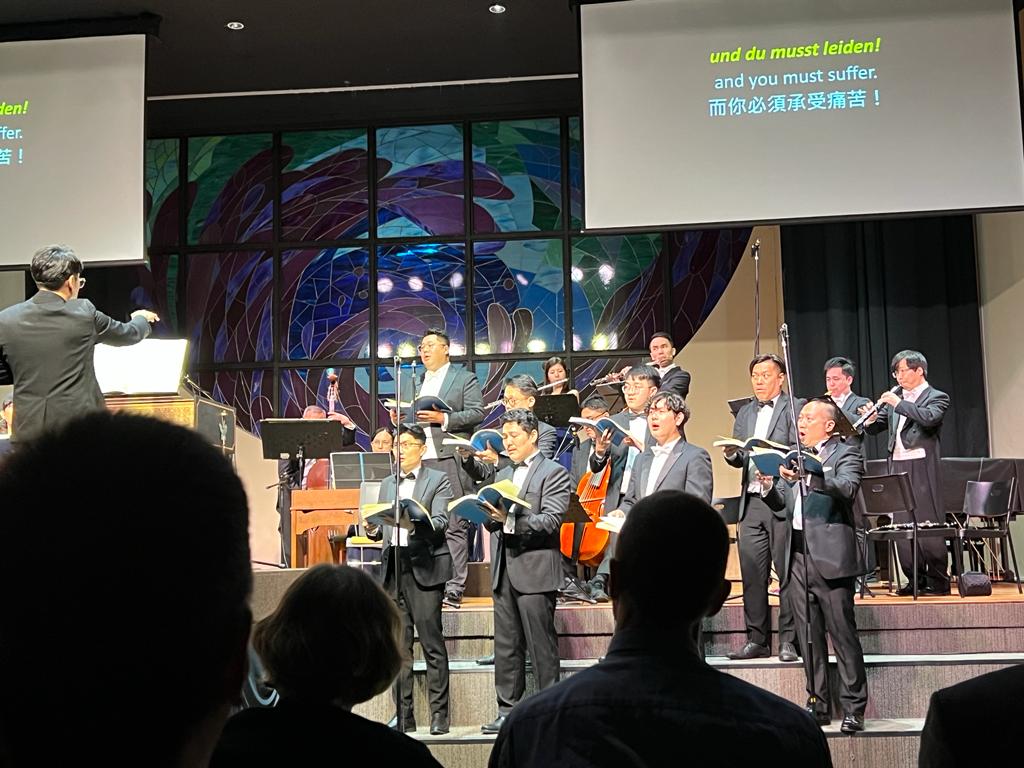
There have been as many as four versions of the St John Passion, with the one performed at the Luther Center being the second (1795) version. ‘It is evident that Bach paid significant attention to the text, and intended to communicate the message as clearly, vividly, and as effectively as possible through his writing and performance,’ David Chin conveyed. ‘The fact that he made more revisions for the St John Passion than any other work shows that it was an important composition to him personally.’
Bishop Thomas Low shared that the Malaysian Lutheran Church’s theme for the concert and celebration is remembering The Goodness of God, ‘The epitome of God’s goodness is seen in the Passion of our Lord, in even greater detail and on a very personal level, through the eyes of St John. God is almighty. His power is awesome, and He can do all things according to His will. But power invokes fear and awe and does not lead to love or gratitude. Whereas, the vicarious sacrifice of our Lord Jesus in giving Himself to us all, while we are yet sinners, invokes in us a deep sense of wonder and gratitude. The hymn in the St John Passion expresses our sense of wonder of God’s amazing love. We bring nothing to this love except gratitude and worship.’
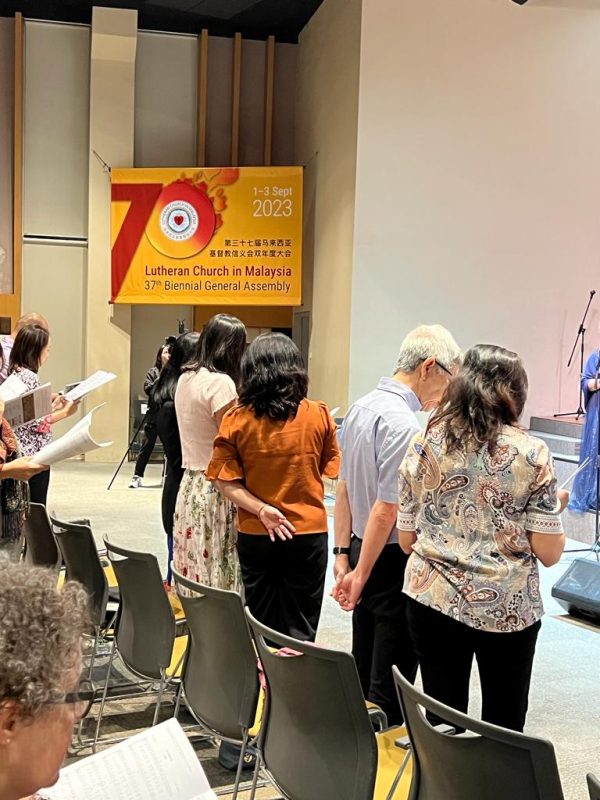
As with all of Bachfest Malaysia’s past presentations, the St John Passion performance at the Luther Center was another memorable one. There is much value in cherishing and treasuring our rich heritage and Bachfest Malaysia and the Lutheran Church of Malaysia have taken this sensibility to heart.
The Malaysia Bach Festival Singers and Orchestra
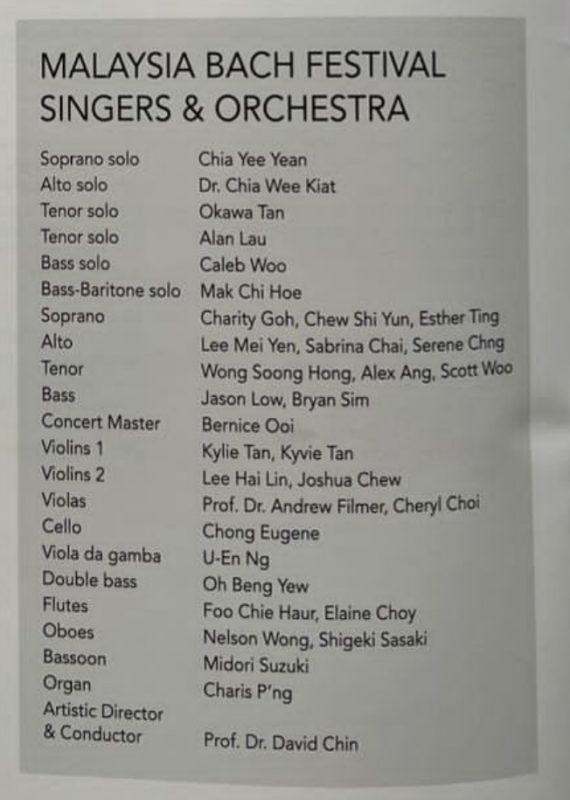
Christianity Malaysia would like to thank the organisers of the event for their hospitality and help throughout the production of this article. All photos kindly contributed by the organisers.
|Share The Good News|



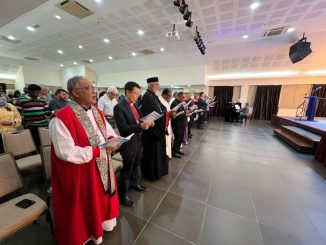
Leave a Reply